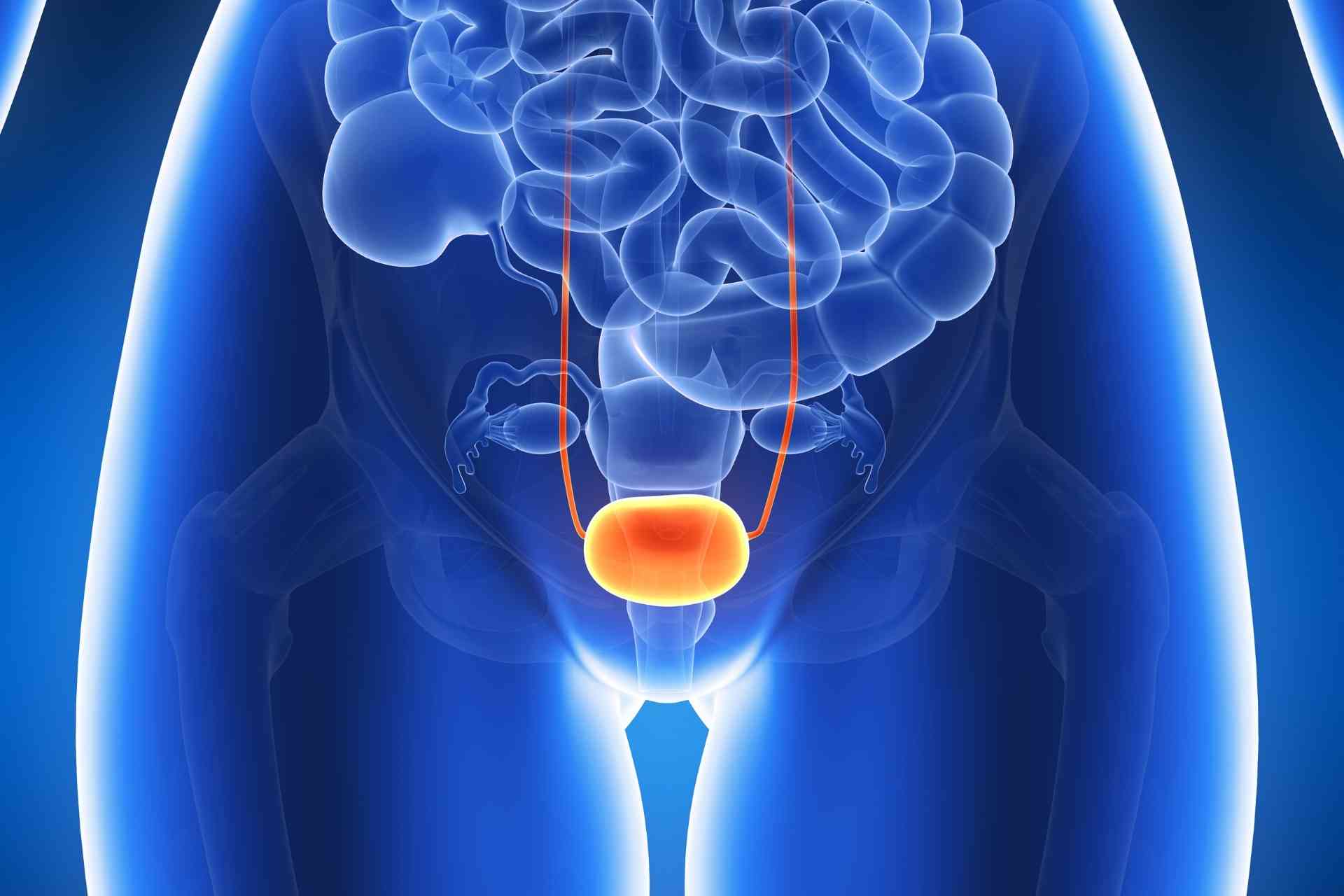What is already known on this topic
Urinary tract infections (UTIs) are caused by bacteria in the urinary tract and characterized by frequent and painful urination. They are common among women, with a quarter of sufferers experiencing recurring infections. Scientists have known that higher levels of Escherichia coli bacteria in the gut may be contributing to UTIs, but the exact causes of recurring infections remain unclear.
What this research adds
Researchers analyzed urine, blood and stool samples from 31 women — 15 with a history of recurring UTIs and 16 without. Over the course of a year, 24 UTIs occurred, all in the group of women with a history of repeated UTIs. In their guts, both groups had UTIs-causing E. coli bacteria, which occasionally spread to their bladders. However, women with recurring infections had a less diverse gut microbiota: in particular, they had increased levels of Bacteroidetes and lower abundance of Firmicutes compared to women without recurring infections. Those with recurrent UTIs also had low levels of bacteria capable of producing butyrate, a short-chain fatty acid with anti-inflammatory effects, as well as higher levels of an immune molecule linked to gut inflammation.
Conclusions
The findings suggest that recurrent UTIs are in part caused by alterations of the gut microbiota and different immune response to bacterial bladder colonization, and may have important implications for the treatment of UTIs.
Infections of the urinary tract are common among women, with a quarter of sufferers experiencing recurring infections. A new study suggests that people with recurrent infections have different immune responses and imbalances in their gut microbiota makeup.
The findings, published in Nature Microbiology, may have important implications for the treatment of urinary tract infections, or UTIs. “Our study clearly demonstrates that antibiotics do not prevent future infections or clear UTI-causing strains from the gut, and they may even make recurrence more likely by keeping the microbiome in a disrupted state,” says lead study author Colin Worby at the Broad Institute.
Antibiotics are typically used to ease symptoms of UTIs, which are caused by bacteria in the urinary tract and characterized by frequent and painful urination. Scientists have known that higher levels of E. coli bacteria in the gut may be contributing to UTIs, but the exact causes of recurring infections remain unclear.
To understand why some people experience recurring infections whereas others don’t, Worby and his colleagues set out to analyze urine, blood and stool samples from 31 women — 15 with a history of recurrent UTIs and 16 without.
Repeated infections
Over the course of a year, 24 UTIs occurred, all in the group of women with a history of repeated UTIs. Once a woman developed a UTI, the team collected and analyzed additional urine, blood and stool samples.
In their guts, both groups of women had UTIs-causing E. coli bacteria, which occasionally spread to their bladders. However, women with recurring infections had a less diverse gut microbiota: in particular, they had increased levels of Bacteroidetes and lower abundance of Firmicutes compared to women without recurring infections.
Those with recurrent UTIs also had low levels of bacteria capable of producing butyrate, a short-chain fatty acid with anti-inflammatory effects, as well as higher levels of an immune molecule linked to gut inflammation. “We think that women in the control group were able to clear the bacteria from their bladders before they caused disease, and women with recurrent UTI were not, because of a distinct immune response to bacterial invasion of the bladder potentially mediated by the gut microbiome,” Worby says.
Antibiotics effect
The team also found that antibiotics that are commonly used for treating UTIs eliminated disease-causing bacteria from the bladder but not from the gut of women with recurring UTIs. Surviving bacteria in the gut can multiply and spread to the bladder again, causing another UTI, the researchers say.
“Our study clearly demonstrates that antibiotics do not prevent future infections or clear UTI-causing strains from the gut,” Worby says. “And they may even make recurrence more likely by keeping the microbiome in a disrupted state.”
The researchers hypothesized that restoring a healthy gut microbiota, for example through fecal transplants, may limit recurring infections. Fecal transplants have shown promise in treating repeated intestinal infections caused by Clostridioides difficile bacteria. Other promising approaches include the development of small molecules that target only UTI-causing E. coli, the researchers say.











